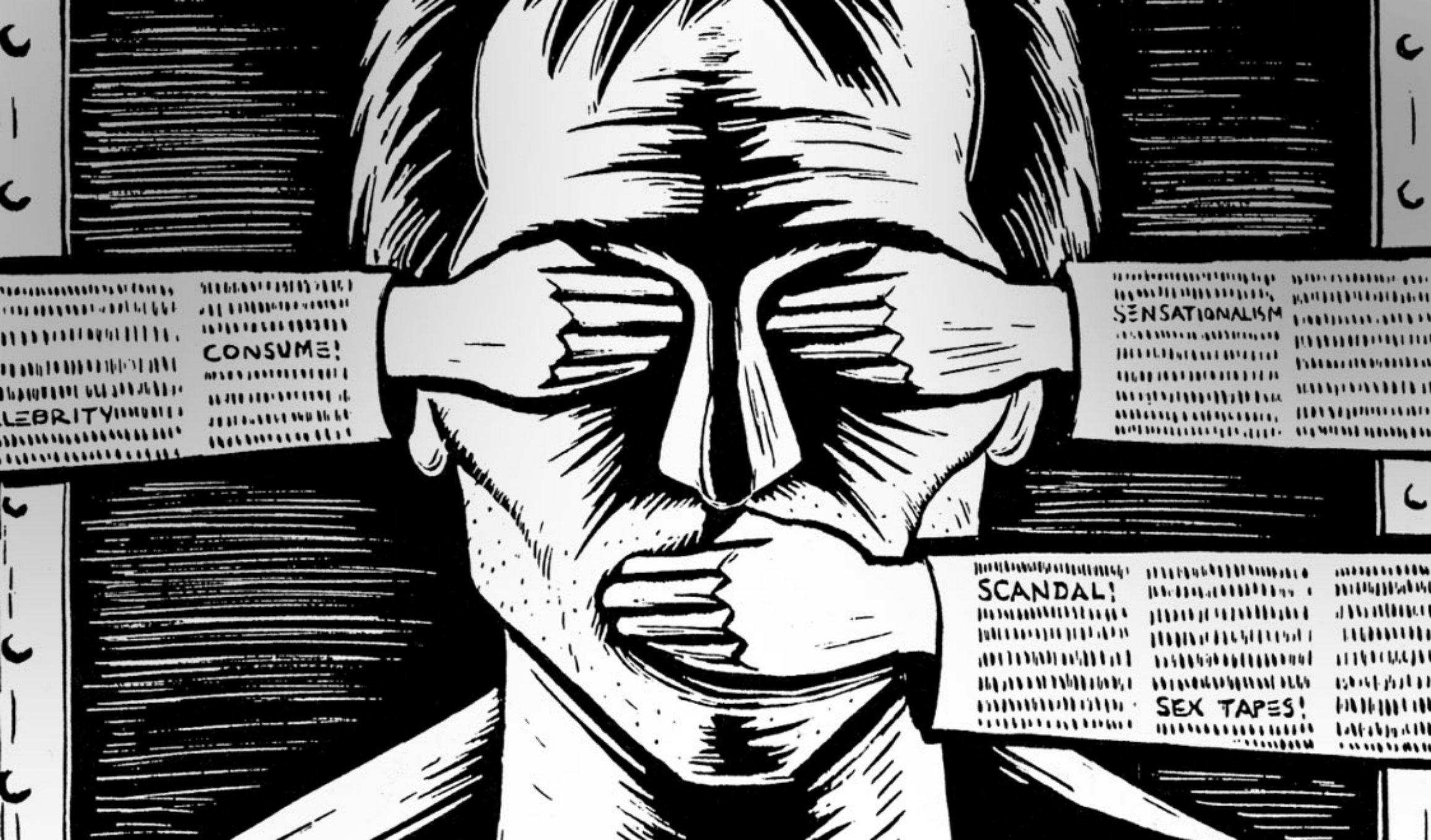A new negative report from Amnesty International against the Spanish government. After denouncing in its annual report that Spain had repeatedly violated human rights in Catalonia, they now attack the censorship of the public. The international body warns of a "rapidly shrinking space for expressing dissent in Spain".
In a report published today in Spanish and English entitled "Tweet... if you dare", Amnesty denounces a number of recent measures passed by the Spanish government and their application. The government, they say, "is targeting a whole range of online speech", using "the catch-all categories" of glorifying terrorism and humiliating the victims of terrorism set out in the country’s "vaguely worded counter-terrorism laws".
They place special emphasis on the 2015 Law on the Protection of Public Security, known as the ley mordaza (gag law) which "curtailed (...) rights" following the mass opposition to policies introduced after the financial crash. "The Spanish authorities subsequently curtailed the rights to freedom of expression and peaceful assembly," they write. These restrictions led to, they claim, "tens of thousands of fines on protesters, human rights defenders and journalists for conduct that is protected by the rights to freedom of expression and peaceful assembly".
Withdraw charges, release prisoners
Amnesty also attacks article 578 of Spain's Penal Code which prohibits glorifying terrorism and humiliating the victims of terrorism following a 2015 amendment which widened an already "broad and vague provision". The changes allow for criminalising the “the distribution or public dissemination of messages or slogans" glorifying terrorism, with committing the offence online being an aggravating factor and the maximum sentence being raised to three years' imprisonment.
The amendment led to a sharp increase in prosecutions and convictions although, for Amnesty, many of the cases "fail to meet" the criteria that, under international human rights law, restrictions on freedom of expression "must be strictly necessary and proportionate for a legitimate purpose".
As such, they urge Spanish authorities to repeal the article and "ensure that no one is arrested, investigated, charged or imprisoned" using it. They also call for anyone charged or imprisoned under article 578 "solely for the peaceful exercise of their right to freedom of expression" to have their charges dropped or for them to be "immediately and unconditionally" released, as appropriate.
Dissent not tolerated
Amnesty says that the use made of article 578 has signalled that "some forms of dissent, questioning and alternative perspectives will not be tolerated". They also note that Spain's Supreme Court ruled that "it is possible to commit an offence under Article 578 even if there was no intention to glorify terrorism or to humiliate victims" (their italics), for example, "even retweeting a message" can count.
The report describes as "particularly troubling" the exclusion of individuals from political positions "because they have expressed alternative political views". On top of fines and prison sentences, they say, this can have "long lasting and devastating effects" on people only looking to "freely and lawfully express ideas and opinions".
Excessive restrictions
The organisation explain in detail a series of cases "criminalised" by application of article 578 which, they say, based on human rights, should not be considered crimes. Amnesty argues that the laws are often used against "lawful expression", contravening international human rights law and standards.
Specifically, they describe the cases of Cassandra Vera, charged over jokes she tweeted, a number of rappers including Pablo Hasél and the group La Insurgencia, the "Operation Spider" against online expression, amongst others. As regards journalists, they denounce "excessive and unnecessary restrictions" which have led to "an ever-shrinking space for independent and critical journalism". All in all, they "reflect a growing and dangerous intolerance for expression".
The organisation expresses concern over the growing self-censorship for fear of being targeted. "The criminalization of such a wide range of expression has a general chilling effect and can create an environment where individuals are afraid of expressing unpopular views, or even making controversial jokes. " This leads, Amnesty concludes to a long-term threat towards "the strength of civil society and (...) the defence of a whole range of fundamental human rights".

